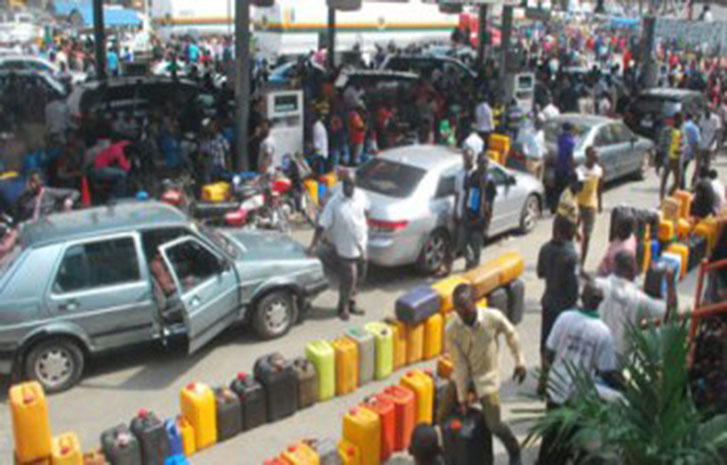 KPMG, a global network professional firm providing audit, tax and advisory services has disclosed explained how Nigeria’s fuel subsidy rose to N4.6 trillion or 61.4 per cent of N7.5 trillion of Oil Revenues in 2022, and N3.14trillion or 33% of N9.4 trillion of Oil Revenues in 2023.
KPMG, a global network professional firm providing audit, tax and advisory services has disclosed explained how Nigeria’s fuel subsidy rose to N4.6 trillion or 61.4 per cent of N7.5 trillion of Oil Revenues in 2022, and N3.14trillion or 33% of N9.4 trillion of Oil Revenues in 2023.
In its June 2023 report – Removing Nigeria’s fuel subsidies – KPMG provided the history of fuel subsidy, dating back to the 1970s oil boom when the federal government introduced subsidies on key commodities such as petrol, kerosene and diesel to cushion the impacts on price fluctuations on its citizens and resident
The report, which described it as a major ‘drain on the nation’s resources, stated: “The stark truth is that the PMS fuel subsidies have really benefited neighbouring counties, rent-seekers and the rich, as opposed to the poor.
Furthermore, if Nigerians, from the rich, middle-class, or poor wish to see accelerated levels of socio-economic development, the expensive and unaffordable PMS subsidy must go.”
“Already, within days of the susidy removal announcement and the adjustment of fuel prices in Nigeria, data from Global Petrol Prices, which tracks the retail prices of refined petroleum products, reveals sharp increases in the petrol prices of neighbouring countries.”
“The simple truth is Nigerians simply cannot have our cake and eat it. We can’t push for development while at the same time insisting on substantial expenditure on inefficient consumption such as subsidy that exceeds the combined expenditure on health, education, and infrastructure and that is largely not benefitting its intended beneficiaries and that we have to acquire debt, as is the case today to keep in place.”
It noted that since 2015, the fuel subsidy crisis has been particularly challenging as Nigeria struggled to meet the Organisation of Petroleum Exporting Countries, OPEC quotas, due to oil theft, pipeline and facilities sabotage and insecurity in the Niger Delta.
The report pointed out that Nigeria is less able to afford the expensive PMS fuel subsidy as it was in the past when oil revenues were relatively higher.
It also stated, “It is important to explain why the subsidy removal is necessary and how it will help the economy in the long run. Government should engage with stakeholders, including civil society groups, labour unions, and the private sector, to get their input on the subsidy removal and to address any concerns they may have. This will help to build trust and ensure that the process is inclusive.”
“Nigeria can learn from the experiences of other countries that have undergone subsidy reforms, particularly in the areas of stakeholder engagement, and effective communication.
“With careful planning and implementation, the removal of fuel subsidies in Nigeria has the potential to promote greater economic efficiency, reduce corruption, and create opportunities for more sustainable and inclusive economic growth.”

